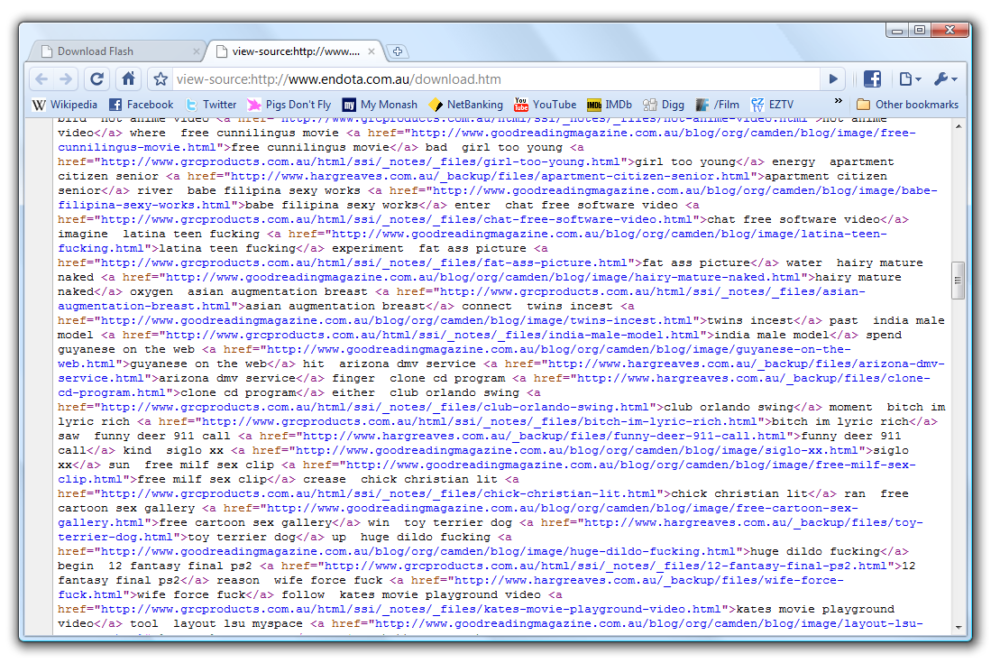10 November 2010 Six Things I Learned From A Marketing Degree
1) Play the game
University is about playing the game. Once you learn how to work the system, achieving good grades is easy. I worked it out towards the end of my second year, and my grades were consistently better from there on out. It’s not about saying the right thing but giving the teachers what the want to hear.Students aren’t encouraged to apply themselves, they’re told what to write, do “research” (read: plagarise off a journal article) and any form of creative execution goes unrewarded. Instead you play the game to get the grades.
2) It’s important where you sit
For some reason universities are far too keen on group work. Which I don’t have a problem with because that’s the way it should be done in the grown up world. However if you’re caught in a shit group, it’s too bad. Upon raising concerns with teachers about said group you’ll be told that it’s too bad, in the real world you don’t get to choose who you work with. Except in the real world people who are shit don’t get employed. And if they don’t do anything they lose their job.In some cases I single handedly carried useless groups to HDs (arrogant but true). The best way to overcome this is to make sure you attend in Week 1 and sit next to “good” people and try and get into a group with them.
3) Be loud
Being the loud arrogant kid in class isn’t all bad. Opinionated students never receive anything but full marks for class participation and presentations. Even if what you’re saying is rubbish the fact that you’re saying it gets you points. Especially when you sit in a class full of people unable to speak up in front of others.4) Rote learning is for winners
Studying the night before an exam trying to think of stupid acronyms to help you remember a list of six items that you forget on the way out of the exam got me through my degree. Likewise for when a tutor tells you that you can’t do an assignment the night before it’s due. Challenge accepted and you prove them wrong when you smash it.5) Drink beer with your lecturers
Well, the cool ones anyway. It makes a massive difference when you can rock up to Week 1 and the tutor or lecturer already knows you because you’ve met them through other staff members. Can’t state enough how helpful this is, especially beyond academic performance.6) Uni teaches you to learn
Most importantly; I will finish on the the biggest point. Uni helped me realise my career interest. I wouldn’t say it taught me a lot about it, perhaps a few basics, but it did teach me to get off my ass if I wanted to follow it and go out on my own to learn it.In many ways, it taught me that university couldn’t teach me what I needed to know. It got me interested in marketing and ultimately advertising, which made me realise I needed to learn on my own by reading books not on the text list, start a blog, meet people in the industry, do internships and ultimately score a gig.
And I suppose because of that last point alone the ridiculous HECS debt and the piece of paper I receive when I graduate will be worth it.

